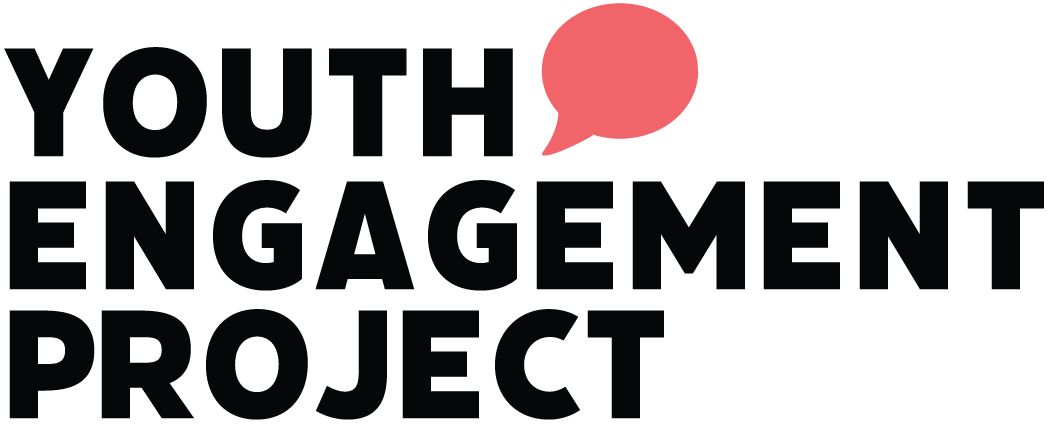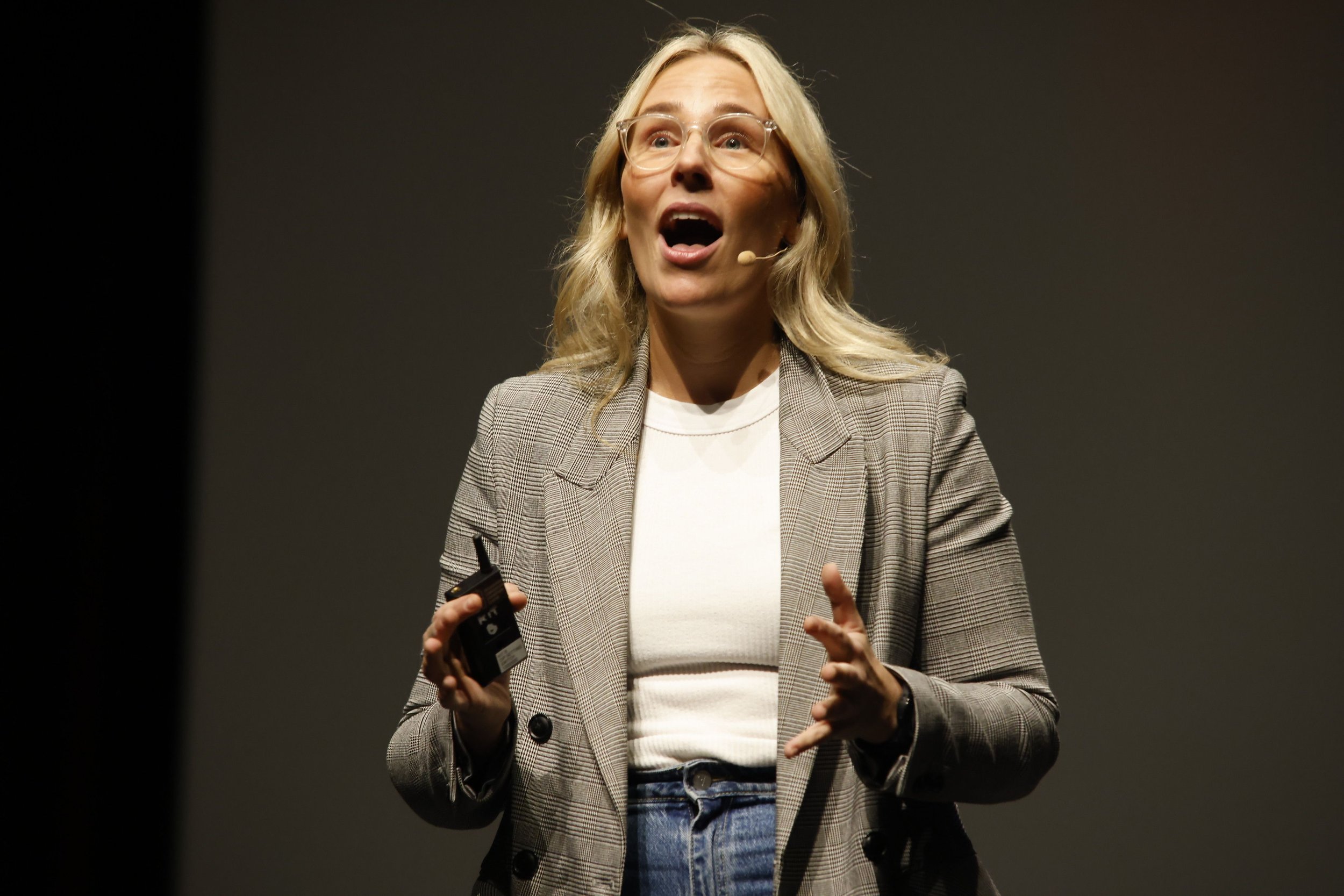The Most Powerful Thing You Can Do as a Speaker? Listen.
Let’s take a stroll back to 2016, when most of my time was spent presenting to groups of students both in Australia and internationally.
I’d delivered this session at least a dozen times, same structure, same stories, even the same moments for laughter. I knew the content back to front. I felt confident. Prepared. Ready to go. I thought I had it nailed.
It was a leadership workshop, and I cared about it deeply. I walked in with high energy, greeted the group, and launched in.
But within 10 minutes, I felt it. The energy was off. People were shifting in their seats. Someone yawned. A few whispers started in the back row.
I ignored it.
I told myself, Stick to the plan. Keep going. They’ll come around.
But they didn’t.
By halfway through, I’d completely lost them. Eyes glazed over. One student asked to go to the bathroom and never came back.
Still, I pushed through. I finished the talk. I smiled. I thanked them for listening.
Later, when I was reading through feedback from the session, one student's comment stopped me cold:
“It felt like she was talking at us, not to us. Like she didn’t even notice we were here.”
And they were right.
I’d been so focused on delivering the perfect presentation that I forgot to actually connect with the people in front of me.
I hadn’t noticed them.
I hadn’t adjusted.
I hadn’t listened.
That moment changed everything.
That was the day I learnt a crucial lesson. The most powerful thing we can do as a speaker is to listen.
When we think about public speaking, we often picture someone standing at the front of a room, speaking with authority, clarity, and confidence. The spotlight is on them. The room is quiet. The speaker leads, and the audience listens.
But within 10 minutes, I felt it. The energy was off. People were shifting in their seats. Someone yawned. A few whispers started in the back row.
I ignored it.
I told myself, Stick to the plan. Keep going. They’ll come around.
But they didn’t.
But here’s what I’ve learned: the best communicators aren’t just good talkers. They’re exceptional listeners.
Listening might seem counterintuitive when you’re the one holding the mic or running the session. But whether you’re presenting to a group of young people, leading a workshop, or speaking at an event, your ability to tune in to the room is just as important as the words you’ve prepared.
Why?
Because communication isn’t a one-way street. It’s a conversation, even if only one person is speaking aloud. When we pay attention to the energy in the room, the body language of the audience, or the facial expressions of those we’re speaking with, we’re gathering vital information. Are they engaged? Confused? Bored? Energised? Curious?
This feedback allows you to respond in real time.
To adjust your tone. Shift your pace. Pause for reflection. Ask a question. Create space.
And it doesn’t end there.
When you listen, really listen to the people in front of you, you’re also sending a powerful message:
“I see you. I’m not here to perform at you. I’m here to be with you.”
This shift builds trust. It fosters connection. It transforms the dynamic from “expert and audience” to “humans in a shared space.”
So next time you’re about to speak, whether to one person or one hundred, take a moment to listen first. Ask yourself:
What am I noticing?
What might this group need right now?
Where can I pause and invite their voices in?
Because sometimes the most powerful thing you can do as a speaker isn’t to speak louder. It’s to listen deeper.
If you’re interested in learning more and looking to enhance your public speaking skills, come along to an upcoming Youth Engagement Project workshop, or better yet, book a bespoke training to suit the needs of your workplace.
Upcoming Events here.
Chat with one of our team here.


